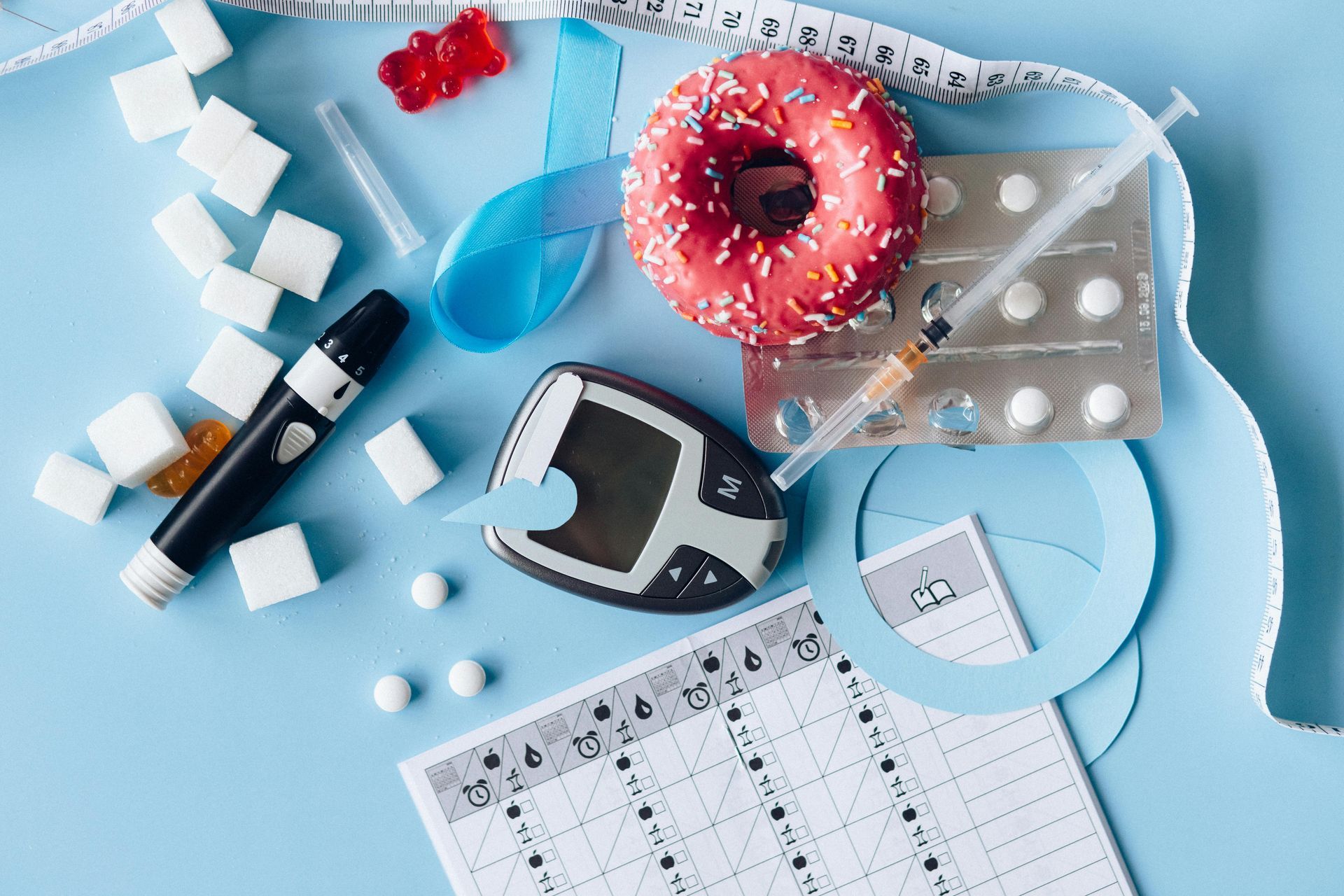(4 min) Building a Dream on Unpredictable Ground: The Realities of Entrepreneurship with Chronic Illness

Entrepreneurship is often painted as a path for the bold, the tireless, and the endlessly energetic. A world of hustle, late nights, and “just push through” attitudes. But what happens when your body simply can’t keep up with the grind? What if your biggest challenge isn’t a lack of ideas or drive, but a body that refuses to cooperate?
For entrepreneurs living with chronic illness, the journey is anything but typical. It’s a path paved with ambition and adaptation, creativity and compromise, resilience and rest. If you’ve ever wondered how to build a business when your energy is unpredictable and your health is a daily wild card, you’re not alone. In fact, you’re in good company.
In this article, I’ll share the truths, the tough parts, and the triumphs of entrepreneurship with chronic illness... plus, I’ll open up about my own experience, the lessons I’ve learned, and the strategies that keep me moving forward (even on the hardest days).
Entrepreneurship and Chronic Illness: The Overlap
Entrepreneurship is often seen as a marathon, not a sprint. But for those of us with chronic illness: fibromyalgia, diabetes, chronic fatigue, PCOS, ADHD, autoimmune diseases, and more, the marathon metaphor doesn’t quite fit. It’s more like running a marathon… on a tightrope… during an earthquake.
Yet, more and more people with chronic illness are drawn to entrepreneurship. Why? Because traditional workplaces often aren’t built for us. Flexible hours, the ability to work from bed, and the freedom to prioritize our health make self-employment not just appealing, but sometimes essential.
But this path is also filled with unique challenges, physical, emotional, and practical, that most business advice simply doesn’t address.
My Story: Launching Unqualified Opinion with a Body That Doesn’t Always Cooperate
Let me get personal for a moment.
I’m Dana Skalin, founder of Unqualified Opinion. I live with a constellation of chronic conditions: polycystic ovarian syndrome, type 2 diabetes, chronic fatigue, fibromyalgia, ADHD, restless leg syndrome, hypermobility, dyscalculia, and rejection sensitive dysphoria (RSD).
That’s a lot of labels, but what it really means is that every day, my energy, focus, and even my pain levels are unpredictable.
When I launched Unqualified Opinion, I didn’t do it because I had boundless energy or a perfect track record of health. I did it because, like so many others, I wanted to create something meaningful on my own terms, something that would empower people like me to live happier, healthier, and more confident lives.
There are days when I can write a blog post, outline a course, and answer community questions, all before lunch. And there are days when just getting out of bed feels like a victory. Sometimes, my brain is sharp and creative; other times, the fog rolls in and everything slows to a crawl. I’ve learned to build my business around these realities, not in spite of them.
One memory stands out: I remember trying to launch my first digital product. I’d planned it out, set a launch date, and told my tiny audience to expect something special. But then my body had other plans. A fibromyalgia flare hit, my fatigue became bone-deep, and even sitting at my laptop felt impossible. I felt guilty, ashamed, and worried I’d lose all credibility. But I also realized: this is my reality, and if I’m going to build a business that’s truly mine, it has to work with my body, not against it.
So I emailed my audience, told the truth, and rescheduled the launch. Not only did no one leave, but I received messages of support and gratitude for my honesty. That experience taught me that transparency, flexibility, and self-compassion aren’t just survival skills; they’re business superpowers.
The Unique Challenges We Face
Let’s be real: building a business with chronic illness is a different ball game. Here are just a few of the hurdles:
Unpredictable Energy
Some days you’re on fire. Other days, you can barely function. Planning is tough, consistency is a challenge, and energy management becomes as important as time management.
Flare-Ups and Setbacks
Illness doesn’t follow a calendar. Launches, client calls, and deadlines can be derailed by sudden pain, fatigue, or brain fog.
Guilt and Shame
We often feel guilty for needing more rest, for moving slower, or for not meeting “normal” productivity standards. The pressure to “hustle” can be crushing.
Financial Uncertainty
Medical costs, insurance headaches, and the inability to work full-time can make cash flow unpredictable and anxiety-inducing.
Isolation
It’s easy to feel alone when it seems like everyone else is “crushing it” while you’re just trying to make it through the day.
The Hidden Strengths of Chronically Ill Entrepreneurs
But here’s the thing: chronic illness also cultivates strengths that are invaluable in business.
Adaptability
When your health is unpredictable, you become a master of pivoting, improvising, and finding creative solutions.
Empathy
Living with chronic illness deepens your compassion—for yourself, your clients, and your community.
Prioritization
You learn to focus on what truly matters and let go of the rest. There’s no energy for busywork or perfectionism.
Authenticity
Being open about your struggles builds trust and connection with your audience—people are drawn to realness, not perfection.
Resilience
You get up, again and again, even when it’s hard. That grit translates directly into business success.
Lessons Learned: What Chronic Illness Has Taught Me About Business
Over the years, my conditions have forced me to rethink everything I thought I knew about work, productivity, and success. Here are a few lessons that have stuck:
Rest Is Non-Negotiable
I used to see rest as a reward for getting things done. Now, I know it’s a prerequisite for being able to get things done at all. Scheduling rest into my calendar is as important as any meeting.
Flexibility Is a Superpower
Rigid plans rarely survive contact with chronic illness. I build flexibility into every project—buffer time, backup plans, and permission to change course.
Communication Builds Trust
Being honest with clients and my community about my health and capacity has only deepened our relationship. People appreciate transparency and humanity.
Progress > Perfection
Some days, “done” is better than “perfect.” Small steps forward add up over time, even if the pace is slower than I’d like.
Systems Save Energy
Automations, templates, checklists, and routines help me conserve precious energy and reduce decision fatigue.
Practical Strategies for Building a Sustainable Business with Chronic Illness
Here’s what’s worked for me (and many others):
Design for Flexibility
- Batch Work: Do as much as you can on good days, so you have a buffer on tough days.
- Automate: Use tools for scheduling, invoicing, and communication to minimize repetitive tasks.
- Outsource: Delegate what you can, whether it’s design, admin, or social media.
Prioritize Ruthlessly
- Identify Your MITs (Most Important Tasks): Focus on what moves the needle.
- Say No: Protect your energy by declining projects or commitments that don’t align with your goals or capacity.
Build in Buffer Time
- Underpromise, Overdeliver: Give yourself more time than you think you need for projects and deadlines.
- Plan for Flare Days: Have low-energy tasks or backup content ready for days when you can’t do “big” work.
Create Accessible Workspaces
- Comfort First: Design your workspace for your body’s needs... supportive chairs, adjustable desks, good lighting.
- Rest Zones: Allow yourself to work from bed or a comfy chair when needed.
Lean on Community
- Find Your People: Connect with other chronically ill entrepreneurs for support, ideas, and encouragement.
- Be Visible: Share your story. Your honesty will attract the right clients and collaborators.
Practice Radical Self-Compassion
- Ditch the Guilt: Rest is productive. Listening to your body is smart business.
- Celebrate Every Win: Getting through a tough week, sending one email, or just showing up... these are all victories.
Redefining Success: Letting Go of Hustle Culture
Success doesn’t have to look like 80-hour weeks, six-figure launches, or endless “grind.”
For entrepreneurs with chronic illness, success might mean:
- Building a business that fits your life (not the other way around)
- Creating value for your community, even if it’s on a small scale
- Having the freedom to rest when you need it, without guilt
- Growing at your own pace, on your own terms
The world needs more business owners who value empathy, authenticity, and sustainability. Your way of working isn’t “less than”, it’s just different. And that difference is your strength.
Community, Compassion, and the Power of Sharing Our Stories
One of the most powerful things you can do as a chronically ill entrepreneur is to connect with others who “get it.” Whether it’s online groups, mastermind circles, or just one-on-one conversations, sharing your experience can:
- Reduce isolation and shame
- Spark new ideas and solutions
- Provide a safe space to vent, laugh, and be real
Your story matters. By sharing it, you empower others to do the same and together, we create a new narrative for what entrepreneurship can look like.
Resources and Next Steps
If you’re looking for more support, here are some resources to get you started:
- Unqualified Opinion Newsletter: Subscribe for tips, resources, and real talk on building a business with chronic illness and neurodivergence.
- Consultations: Book a one-on-one session for personalized strategies and support.
- Community Groups: Search for “chronic illness entrepreneurs” or “spoonie business owners” on Facebook, Reddit, or Mighty Networks.
- Recommended Reading:
- “The Middle Finger Project” by Ash Ambirge (for unconventional business inspiration)
- “How to Keep House While Drowning” by KC Davis (for self-compassionate productivity)
- “The Spoon Theory” by Christine Miserandino (for explaining energy management)
You’re Not Alone And Your Business Matters
Entrepreneurship with chronic illness isn’t easy. It requires courage, creativity, and a willingness to rewrite the rules. But it’s also deeply rewarding because you’re building something that reflects who you are, not just what you can do on your best days.
Your business matters.
Your story matters. And your way of working (slow, steady, flexible, and full of heart), is exactly what the world needs.
If you’re struggling, remember: you are not alone. There’s a whole community of us out here, building dreams on unpredictable ground, cheering each other on every step of the way.


